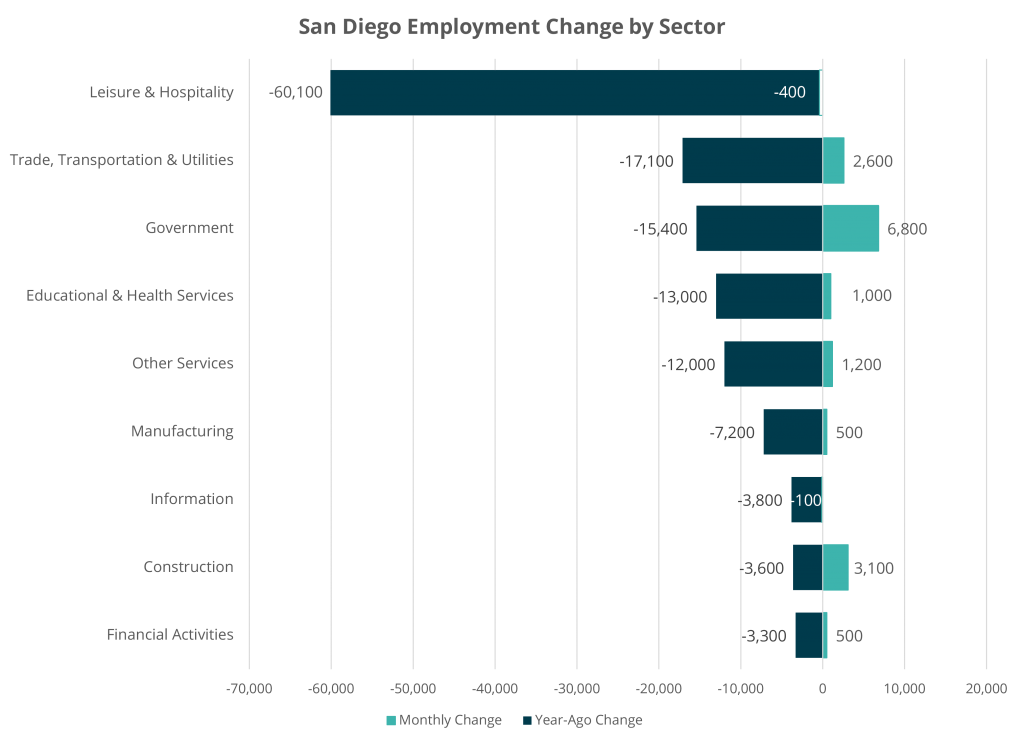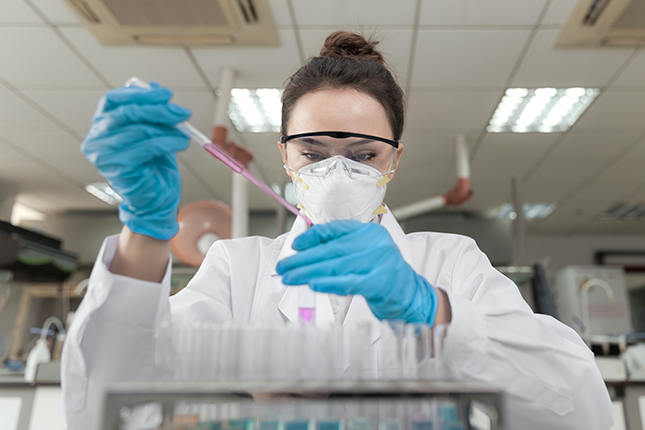Every week, ‘Good News of the Week’ features a curation of positive headlines from San Diego, delivered straight to your inbox. A blend of aggregated stories from San Diego’s most trusted news sources and original EDC-created content, GNOTW provides a comprehensive recap of the region’s best stories from the past week.
For the week of September 18, 2020, here’s what we’re reading:
- COVID-19 small business relief fund distributes 2,000 grants
- Escient Pharmaceuticals raises $77.5M to target proteins with therapeutic potential
- Regional unemployment drops to 9.9 percent in August from 12.4 percent in July
- Taylor Guitars sees record sales, renewed interest in guitars
- Mission Edge selects nine startups for mission driven virtual accelerator
- Apply now: NSIN partners with NavalX SoCal Tech Bridge to source 5G enabled technologies for virtual pitch competition
…and here are the events we’re (virtually) attending:
- September 22 – October 7 – California Office of the Small Business Advocate, GO-Biz, Grow with Google
Webinar Series for CA Small Businesses - October 1 – San Diego Regional EDC, CMTC
Manufacturing Day 2020 - October 2020 – Startup San Diego
San Diego Startup Month - October 28 – San Diego Cyber Center of Excellence
The Great Reset: Geopolitical Risk & Global Strategies Amid Crisis - November 17 – San Diego Regional EDC, San Diego Grantmakers
Build Better: A Bold Virtual Summit to Reimagine Our Region’s Future
San Diego’s economic recovery must be inclusive.
Every economic recovery the U.S. has experienced has increased systemic poverty & widened inequalities in Black & Latino communities. This time, we’re committed to getting the recovery right. Learn more from EDC board chair Julian Parra. Read More.
San Diego Science & the Global Pandemic
In August, EDC’s San Diego: Life. Changing. wrapped up a series of virtual events highlighting the innovation economy and spirit of collaboration that exist in San Diego. If you weren’t able to tune in, you can catch the recap on our blog. Read More.
San Diego business resources:
Amidst everything happening in the world, we need a reminder that there’s plenty of ‘Good News’ to go around in San Diego. We have also compiled additional resources for businesses and individuals seeking additional guidance.
For businesses:
- Find information at EDC’s COVID-19 page
- Find North County information at Innovate78’s COVID-19 page
- Apply for disaster loan assistance
- Access San Diego Workforce Partnership’s updates for businesses
- Pivot operations to produce PPE, sanitizer, & more
- Find additional guidance from the CDC
- Apply for San Diego County’s Small Business Stimulus Program
- Employers with more than 100 employees: enroll in CalSavers by September 30, 2020.
For individuals:
- See which San Diego companies are still hiring
- Access San Diego Workforce Partnership’s updates for individuals
- Donate to the COVID-19 Community Response Fund
- Find additional guidance from the CDC
Be in the know – sign up below to receive future editions of GNOTW.
Want to submit your event or news update to our weekly newsletter? Contact us for more information.

Heather Dewis
Sr. Manager, Marketing Communications

